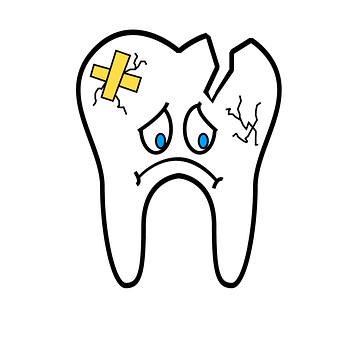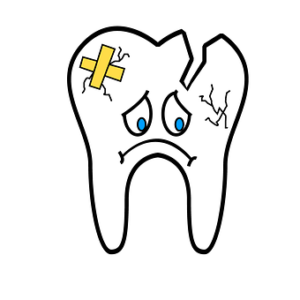Extra Sugar Softens Enamel and Leave Teeth at Risk of Acid Erosion
Ever since we were young, we have been told time and time again to stay away from sugar because it rots the teeth. But do you actually know the real effect of sugar on the teeth, and how it fuels bacteria and eventually damages your smile? The kind of damage that sugar does to your teeth is at first unnoticeable, but persistent. This is why many continually take in too many sweets since they are not seeing any immediate bad effects. However, this can mean that when you start to notice any damage to your teeth, it can be irreparable at this point
How Does Extra Sugar Rot the Teeth?
Sugar is very damaging to the enamel, but it does not directly rot the teeth. Rather, it acts as a catalyst for reactions that ultimately erode the enamel. Plaque, a sticky film that forms over the teeth and causes tooth decay, feeds on sugar for energy. They use sugar to multiply and thicken and eventually cover a larger area of the teeth. Plaque produces lactic acid that harms the teeth. Plaque buildup can lead to tartar which further causes oral health problems like gingivitis and periodontitis, which is the leading cause of tooth loss.
What is the Effect of Acid on the Teeth?
The lactic acid that plaque produces causes a process called demineralization on the surface of the teeth. This process saps important minerals from the enamel, which is important to keep the teeth healthy and strong. With years of damage and mineralization left unresolved, the thickness and strength of the enamel can be significantly reduced. One more damaging effect of lactic acid is that it affects the pH levels of the mouth, creating a more harmful environment that can be a breeding ground for other damaging bacteria.
How Does Sugar Affect pH Levels?
As sugar continues to feed and produce acid, the pH level of the mouth is changed, which further weakens the natural defenses of the body to keep the teeth and gums healthy. The mouth naturally has a neutral pH level, which is good enough to protect the enamel. When you consume more acidic food and drinks, the pH drops to an acidic level, making the mouth a good breeding ground for bacteria and causing tooth decay and destroying the enamel. When left untreated, the rot can reach the dentin and cause pain and discomfort.
Help protect your teeth from the potentially damaging effects of sugar by brushing at least twice daily. You can also use mouthwashes to remove harmful bacteria and chew on sugar-free gum to increase saliva production. Most importantly, try to limit your intake of sugary food and drinks. It is also recommended that you regularly visit your dentist to make sure that your teeth are in good health, and to spot early signs of damage.






 |
|